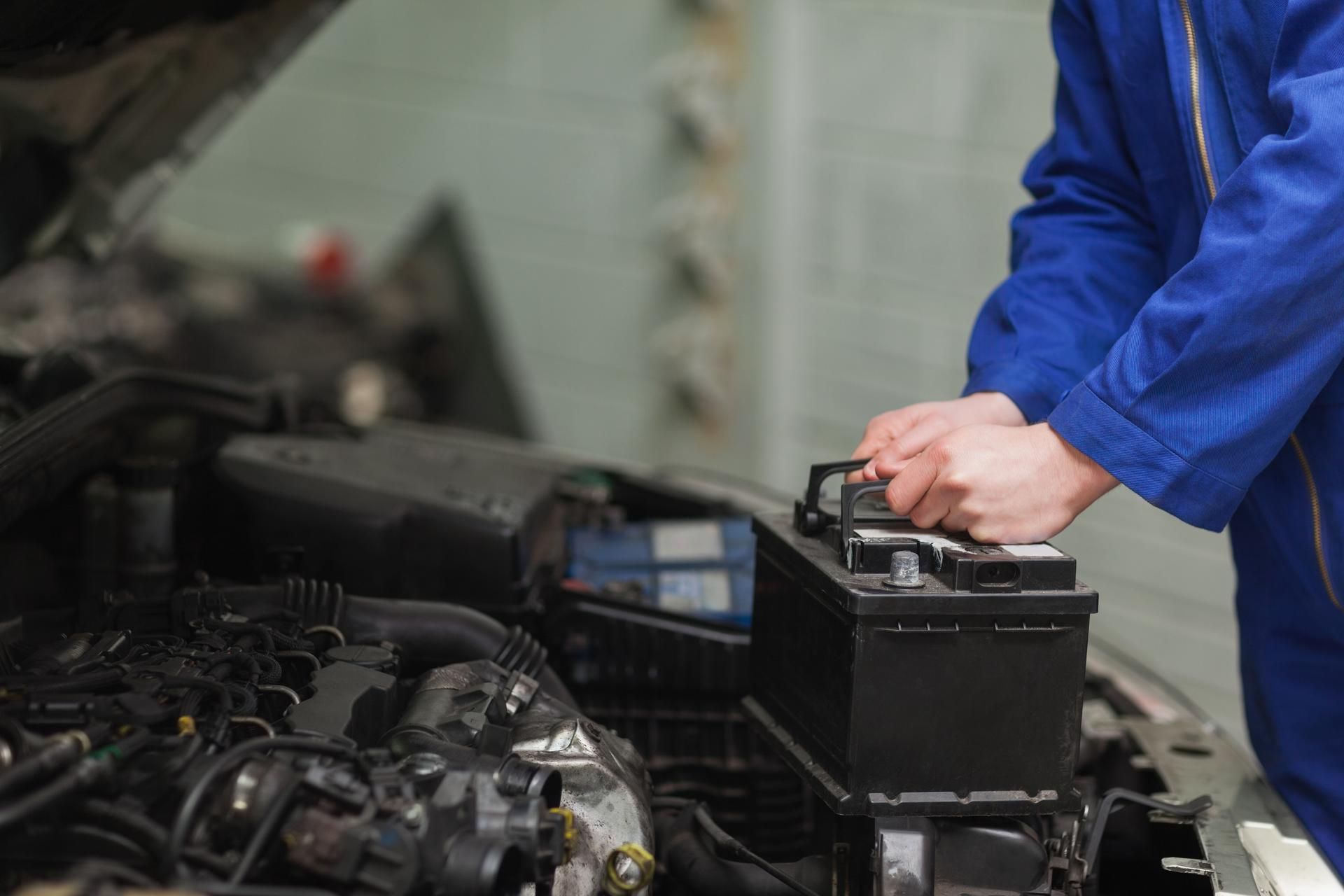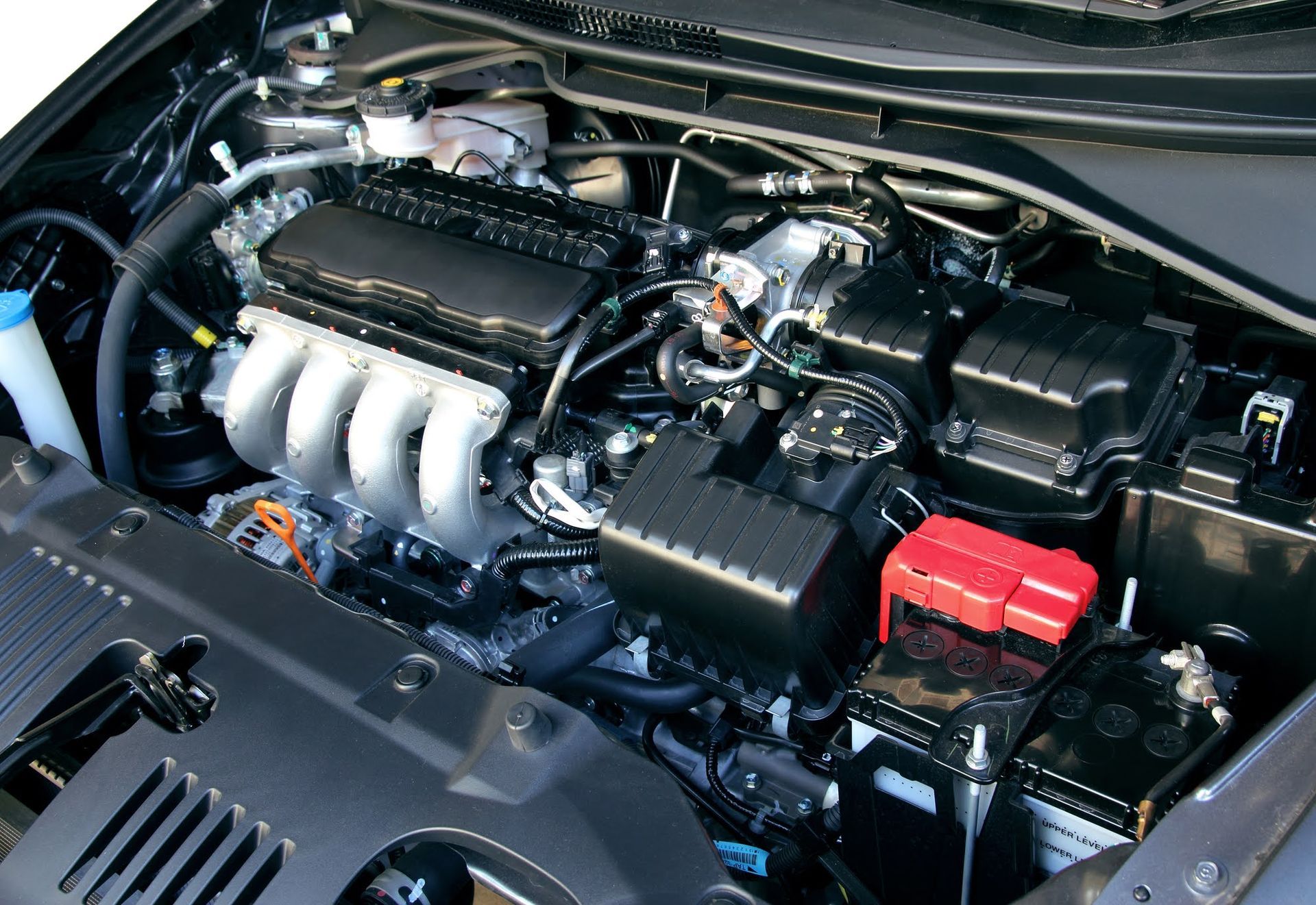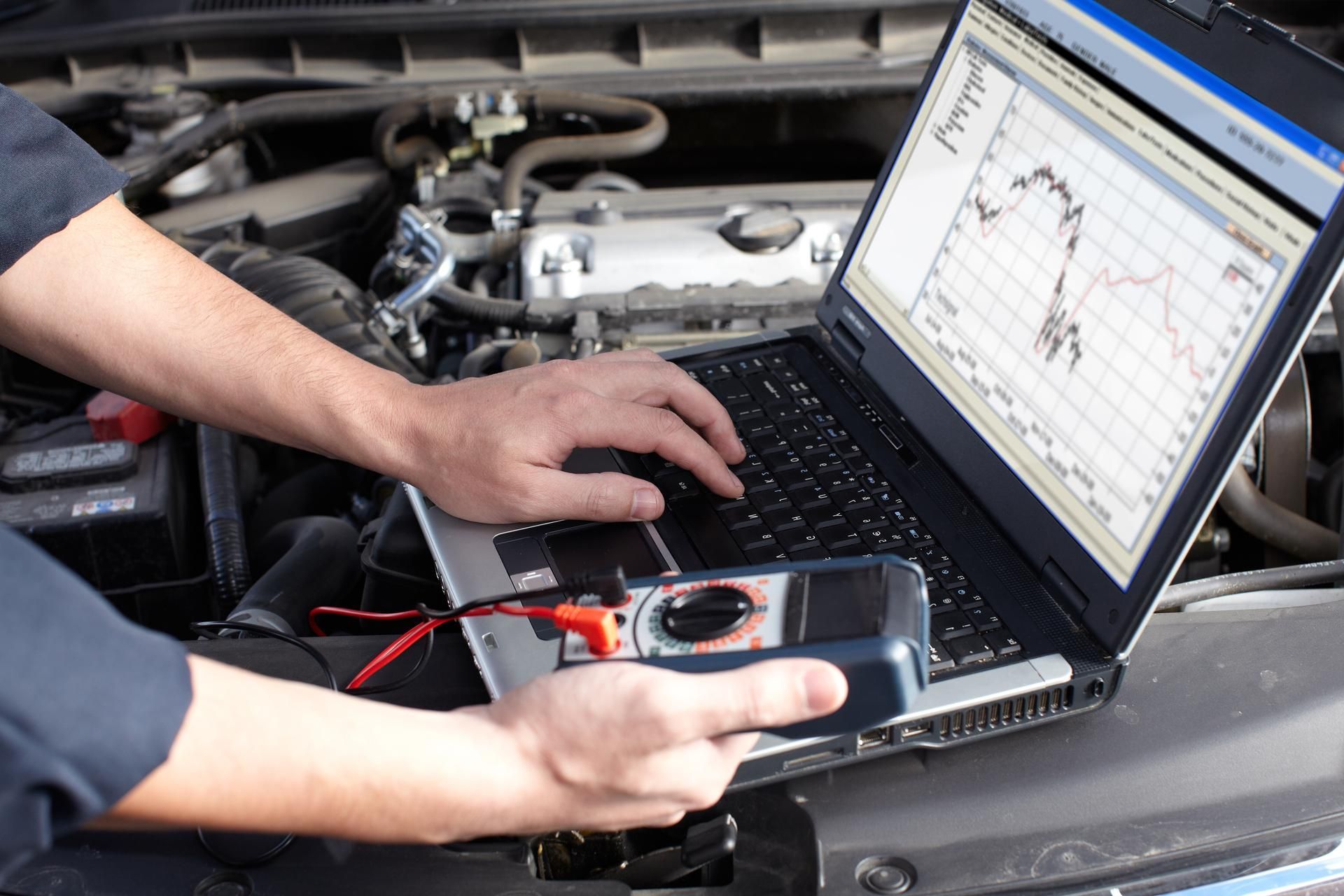Factors That Can Lead to Vehicle Steering Wheel Failures
The steering wheel is one of the most crucial components of your vehicle, playing a pivotal role in ensuring safety and control on the road. However, many car owners underestimate the importance of maintaining this vital system and are often unaware of the factors that can lead to steering wheel failures. A malfunctioning steering wheel not only jeopardizes your ability to maneuver your vehicle safely but also significantly increases the risk of accidents, putting yourself and others on the road in danger. This blog post will explore the primary causes behind steering wheel failures and how car owners can identify and address them early to ensure a safer driving experience.
Wear and Tear on Steering Components
Over time, the various components of your steering system, such as the tie rods, ball joints, and gearboxes, can experience significant wear and tear. These parts endure constant stress, especially during sharp turns, rough road conditions, or prolonged use. When these components are weakened or damaged, they can compromise the precision and responsiveness of your steering wheel. Regular inspections and proper lubrication of the steering system can help mitigate wear and ensure longevity.
Hydraulic Fluid Leaks
If you drive a vehicle equipped with hydraulic power steering, maintaining the correct level of power steering fluid is essential for smooth operation. Leaks in the hydraulic system can occur due to deteriorated hoses, faulty seals, or cracked pumps, all of which may result from regular wear and tear or prolonged exposure to high pressure and heat. Over time, these components can weaken, leading to fluid escaping from the system. A low fluid level caused by such leaks can increase steering effort, making it harder to control the car, especially at low speeds where more force is required to turn the wheels. Signs of hydraulic fluid problems often include whining or groaning noises when turning the steering wheel, which may indicate insufficient fluid reaching the hydraulic pump. Additionally, you might notice visible puddles of hydraulic fluid, typically reddish or amber in color, collecting under your vehicle. Ignoring these symptoms can lead to further damage to the steering system, compromising the safety and drivability of your car.
Steering Rack Issues
The steering rack, or rack and pinion, transfers motion from the steering wheel to the wheels of your vehicle. When the steering rack becomes worn or damaged, it can result in loose or uneven steering, making driving unpredictable and hazardous. Factors like debris intrusion, inadequate lubrication, or general wear from high mileage can accelerate issues with this system. A timely repair or replacement is necessary to restore proper function.
Electrical Malfunctions in Modern Vehicles
Modern vehicles with electronic power steering systems are reliant on sensors and control modules to assist with steering. While this technology offers significant convenience, it also introduces potential points of failure. Electrical malfunctions, such as damaged sensor wiring or software glitches, can cause steering inconsistencies or even lead to a total loss of power steering. Regular software updates and professional diagnosis are crucial in ensuring the health of electronically assisted steering systems.
Misalignment of Wheels
Incorrect wheel alignment is another overlooked factor that can lead to steering wheel issues. When your wheels are misaligned, your steering wheel may feel off-center, vibrate, or pull to one side while driving. Misalignment can occur due to hitting potholes, curb impacts, or general suspension wear. Wheel alignment services not only prevent these steering problems but also extend the life of your tires and improve overall vehicle performance.
Neglecting Routine Maintenance
Routine maintenance is often the best preventive measure against steering wheel failures. Regularly inspecting the steering linkage, fluid levels, and related components can uncover minor problems before they become severe. Many steering failures arise simply due to neglect, where small, fixable issues are allowed to worsen over time. Keeping a maintenance schedule and consulting a trusted mechanic is key to avoiding unexpected breakdowns.
Recognizing Warning Signs Early
Steering wheel failures rarely happen without warning. Most problems are preceded by noticeable warning signs that drivers should never ignore. These signs can include unusual noises such as grinding, clunking, or whining, which might indicate issues with the steering system or power steering components. You may also experience difficulty turning the wheel, which could point to low-power steering fluid, a malfunctioning pump, or even a more serious mechanical issue. Vibrations while driving or a steering wheel that feels “loose” are also common indicators of underlying problems, such as worn-out suspension parts or alignment issues. Ignoring these symptoms can lead to further damage and increase the likelihood of a complete steering failure, which could result in costly repairs or even dangerous situations on the road. By recognizing and addressing these warning signs promptly, you can maintain better control of your vehicle and ensure a safer driving experience.
The Importance of Professional Diagnostic Services
Understanding the causes of steering wheel failures and taking proactive steps to address them is an essential responsibility for every car owner. Professional vehicle diagnostic services play a crucial role in identifying the root causes of steering wheel failures. Expert technicians have the specialized tools and knowledge required to assess complex mechanical and electronic systems accurately. Addressing issues through professional diagnostics ensures precise repairs, enhances vehicle safety, and prevents costly breakdowns in the future. By investing in care for your vehicle, you’re not just protecting your car—you’re also safeguarding yourself, your passengers, and others on the road.
For more info, contact us at Expert Car Care.





















